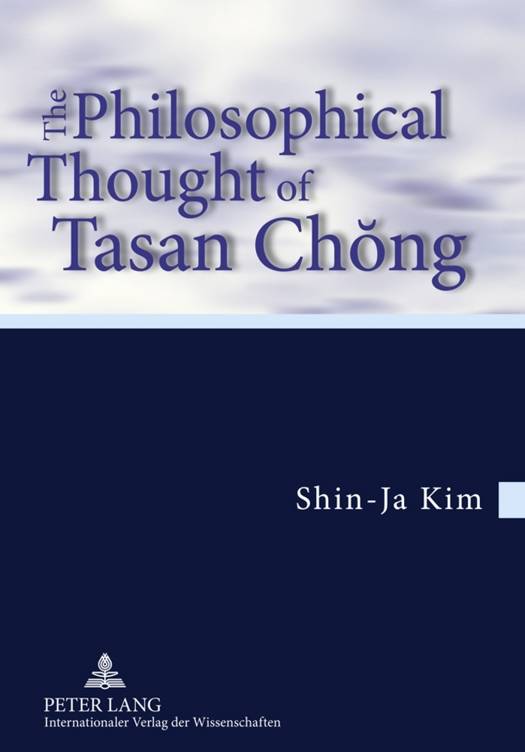
- Afhalen na 1 uur in een winkel met voorraad
- Gratis thuislevering in België vanaf € 30
- Ruim aanbod met 7 miljoen producten
- Afhalen na 1 uur in een winkel met voorraad
- Gratis thuislevering in België vanaf € 30
- Ruim aanbod met 7 miljoen producten
Zoeken
The Philosophical Thought of Tasan Chŏng
Translation from the German by Tobias J. Koertner- In Cooperation with Jordan Nyenyembe
Shin-Ja Kim
Paperback | Engels
€ 119,95
+ 239 punten
Omschrijving
Practical Learning, Catholicism and classical Confucianism form the origin of Tasan Chŏng's philosophy in a uniform interrelation. The first part of this study discusses the development of Neo-Confucianism, its criticism, the development of the Practical Learning, the introduction of European sciences, the influence of Catholicism on the traditional Confucian society and its theoretical dispute. The second part deals with the Catholic influence on Tasan, the criticism of the Neo-Confucian metaphysics and his theories about the human nature and about the Confucian humanity as main subjects of ethics, as well as the incompatibility between Catholicism and Confucian ethics for Tasan. In the third part, Tasan's theory of the ideal state is investigated, namely his theories on politics, society, economy and law.
Specificaties
Betrokkenen
- Auteur(s):
- Uitgeverij:
Inhoud
- Aantal bladzijden:
- 386
- Taal:
- Engels
Eigenschappen
- Productcode (EAN):
- 9783631575475
- Verschijningsdatum:
- 8/11/2010
- Uitvoering:
- Paperback
- Formaat:
- Trade paperback (VS)
- Afmetingen:
- 148 mm x 210 mm
- Gewicht:
- 539 g

Alleen bij Standaard Boekhandel
+ 239 punten op je klantenkaart van Standaard Boekhandel
Beoordelingen
We publiceren alleen reviews die voldoen aan de voorwaarden voor reviews. Bekijk onze voorwaarden voor reviews.











